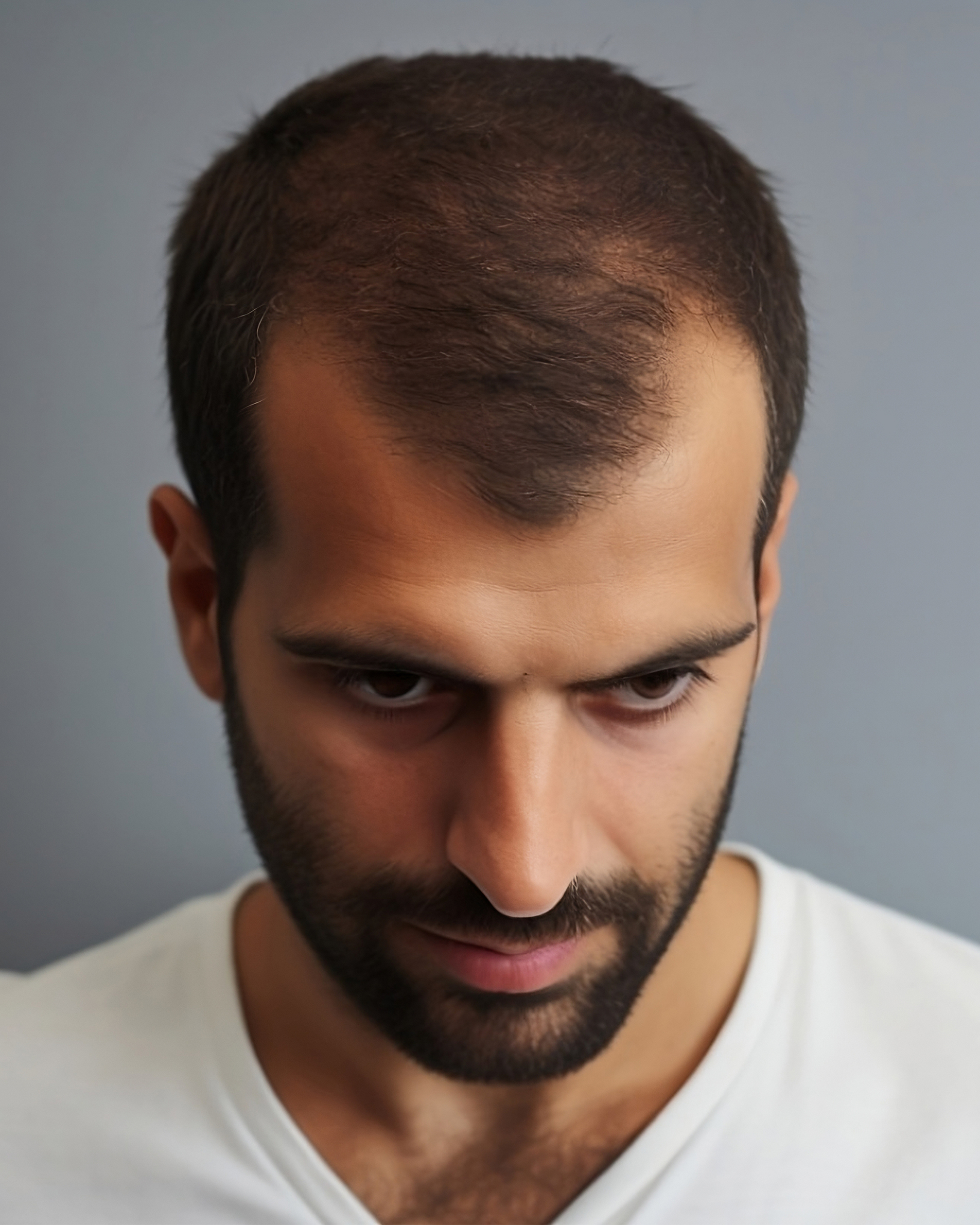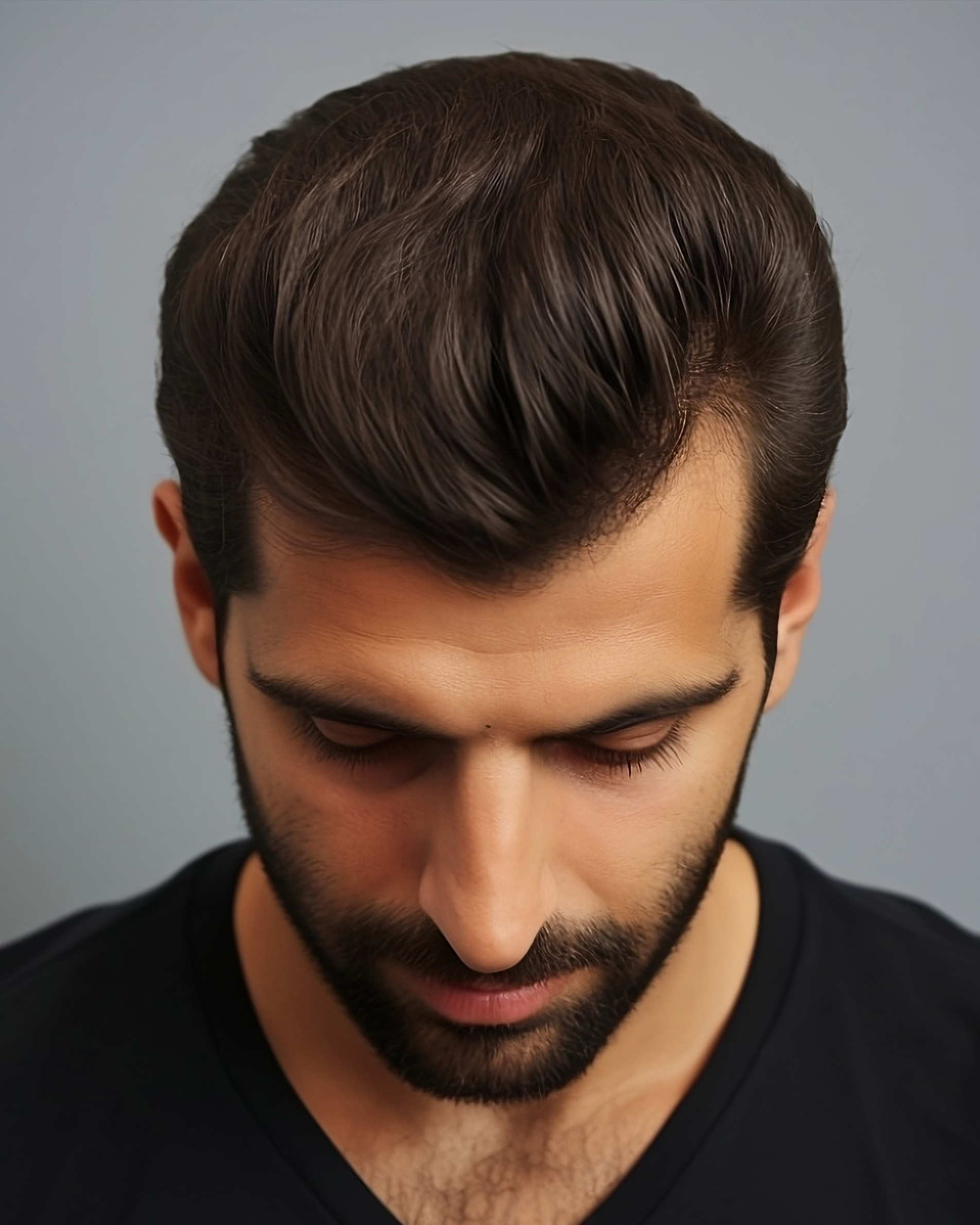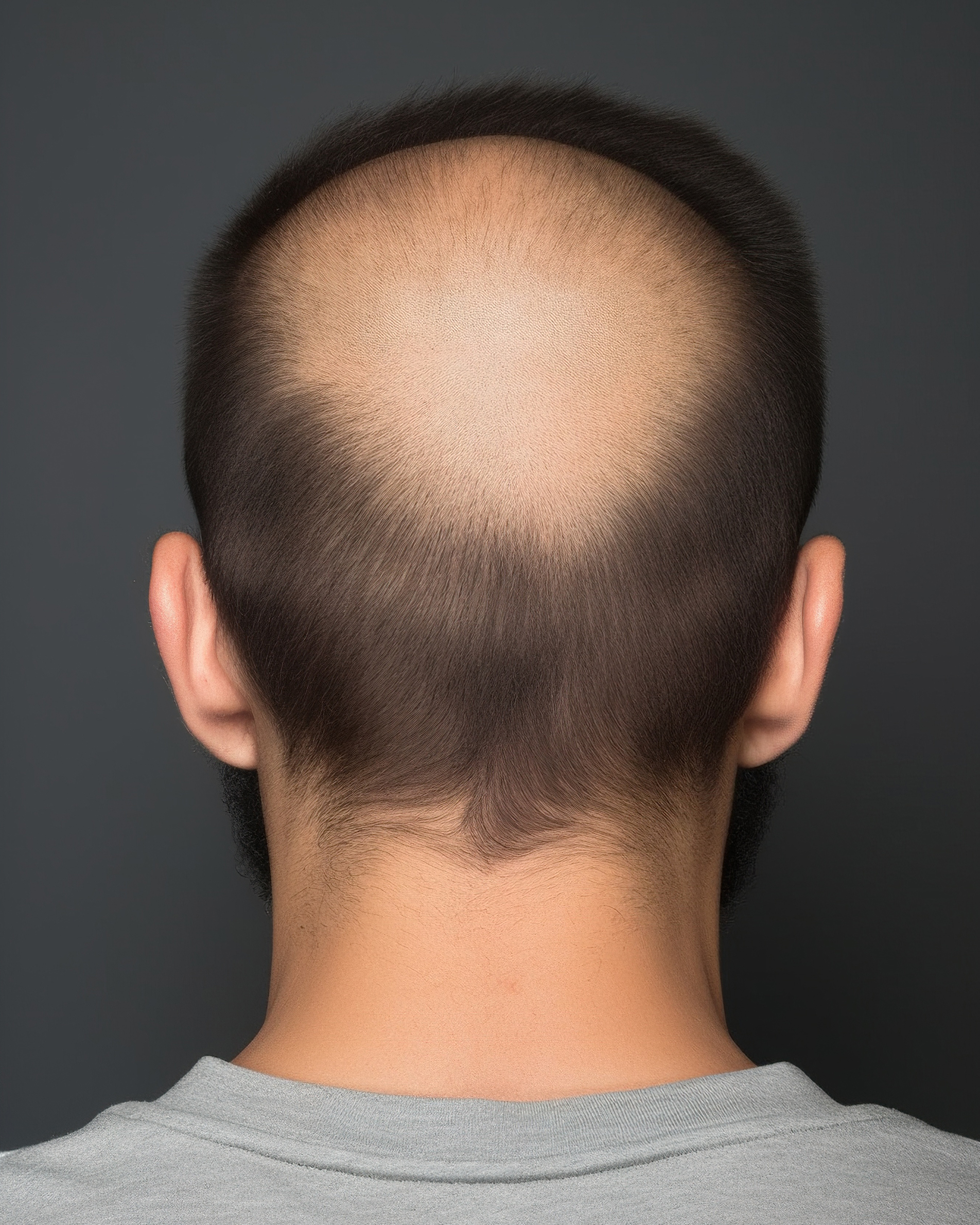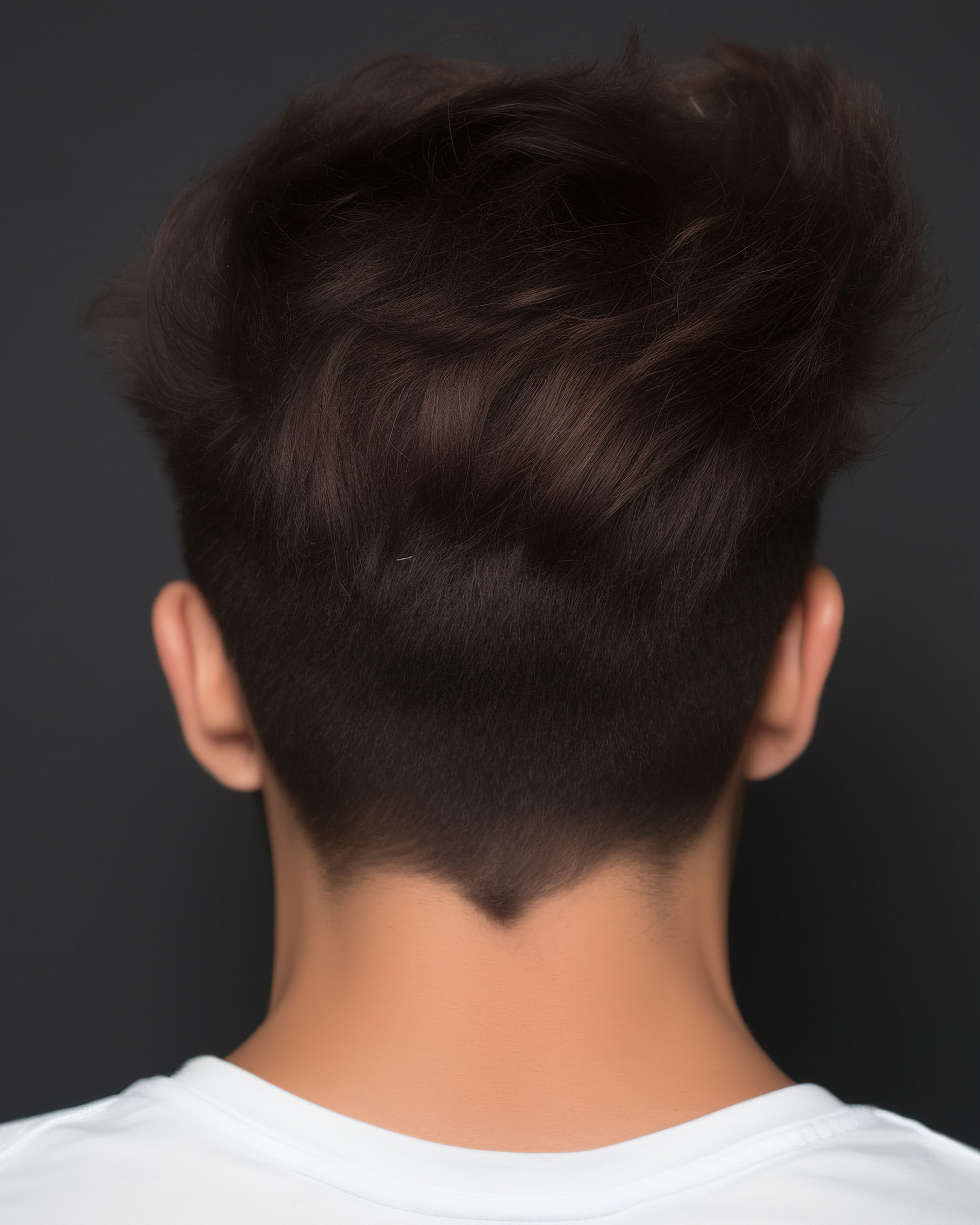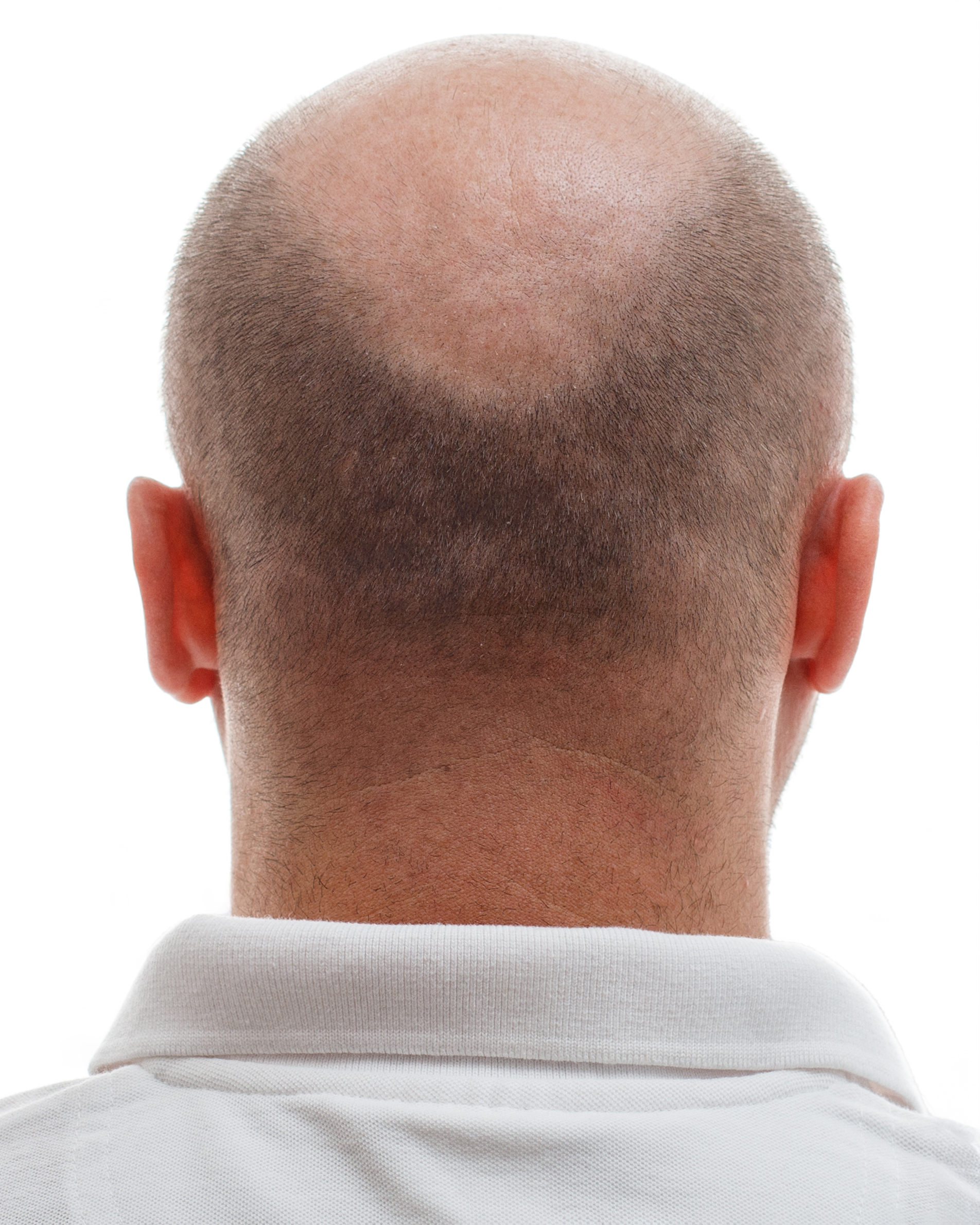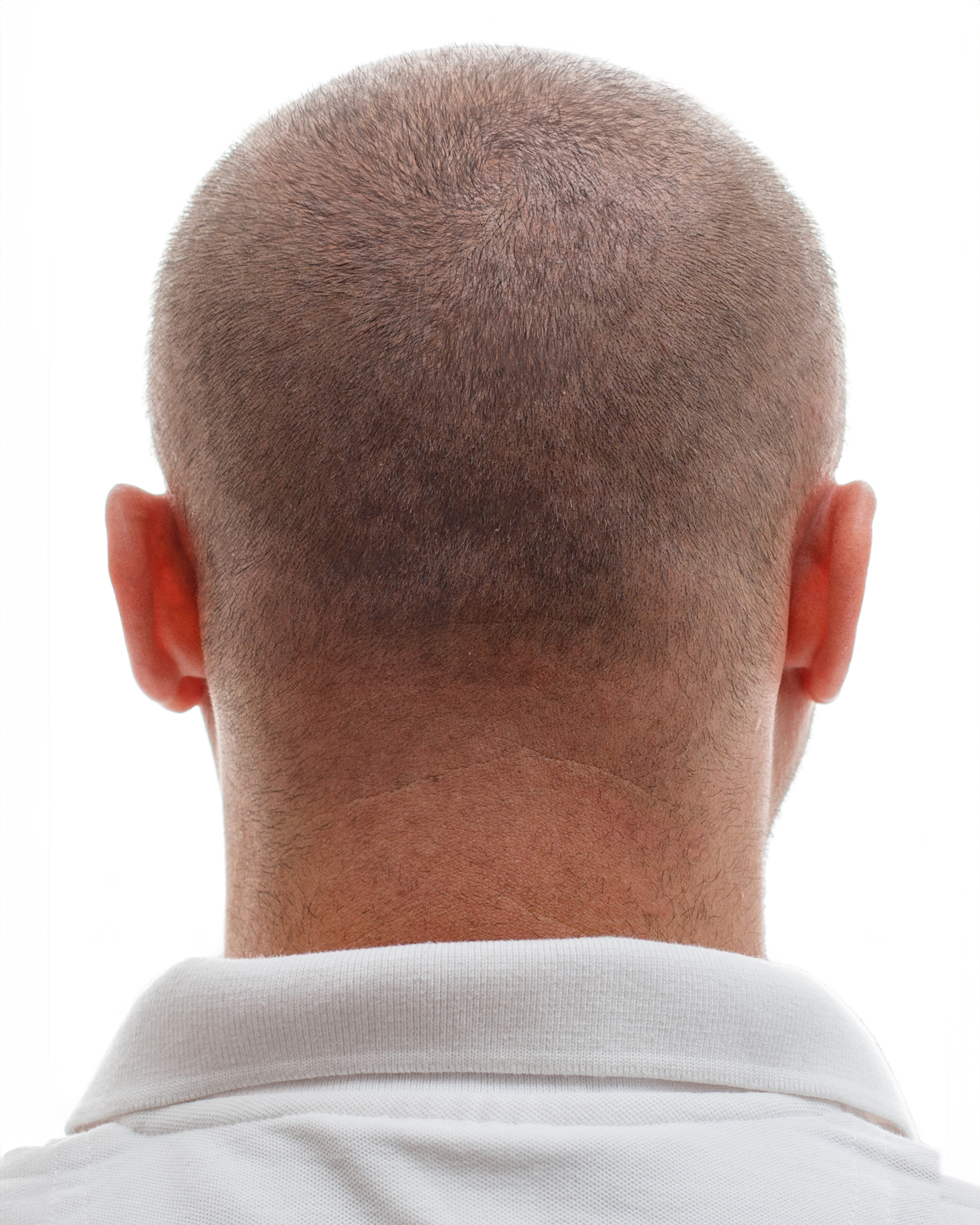Undergo a transformative Buccal Fat Removal procedure in Miami
Are you seeking a way to refresh your appearance by reducing excess facial fat and achieving a more youthful look? Renova offers Buccal Fat Removal surgery in Miami, a safe and effective option for enhancing facial contours and boosting your confidence, suitable for all genders.

Hey, Ask us!
Recovery timeline following Buccal Fat Removal surgery
Days 1-2
After undergoing a buccal fat removal procedure, it is essential to prioritize rest and avoid putting excessive pressure on the treated areas during the first 48 hours. Pain relief medications may be prescribed to alleviate any discomfort during this initial period.
Days 3-5
Patients may experience some swelling and mild discomfort following buccal fat removal. Some individuals may opt for over-the-counter pain relief to help manage the discomfort. It is important to schedule regular follow-up appointments with the surgeon to ensure proper guidance and care during the recovery process.
1 Week
Following a buccal fat removal procedure, patients can gradually begin to engage in light activities after 1 week. It is important to proceed with caution and under continuous supervision. Follow-up appointments will be scheduled to monitor progress and ensure a smooth recovery.
2 Weeks
After 2 weeks, patients undergoing buccal fat removal can cautiously begin to resume light activities. Continuous supervision and follow-up meetings should be scheduled to monitor progress during the recovery period.
1 Month
Around 1 month post-surgery, patients often observe a noticeable decrease in swelling, allowing them to appreciate the initial transformation in the appearance of their cheeks. Patients may receive guidance to limit certain types of physical activity during this period.
2 Months
People who have undergone buccal fat removal can typically expect to fully recover and will receive instructions on gradually returning to their normal activities.
Hair Restoration with TED Technology in Miami before and after
Meet our medical team
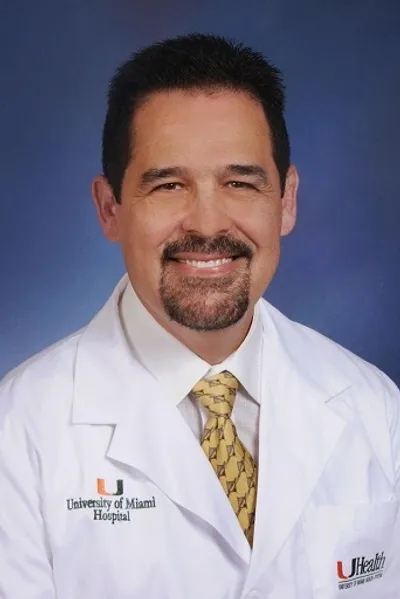
Dr. Humberto Fernandez-Miro
Being a board-certified physician with an active practice in several Miami hospitals, he is dedicated to promoting preventive healthcare and offering comprehensive medical care to his patients. With fluency in English and Spanish, he emphasizes clear and efficient communication. His commitment to advanced medical research demonstrates his dedication to providing the latest advancements in procedures, including Buccal Fat Removal.
Expected outcomes and recovery duration for Buccal Fat Removal
Cheek enhancement progression
Following the Buccal Fat Removal procedure, patients can expect a series of changes as the body adjusts and reshapes the cheeks. Initially, there may be some swelling and bruising around the treated area, which is a normal part of the healing process. Improvement in the cheek contour will become noticeable within a few weeks, with the full results becoming apparent over time. The newly enhanced shape will integrate naturally with the existing contours of the face.
Styling your enhanced cheeks
Patients can return to their normal activities and styling preferences shortly after the Buccal Fat Removal procedure. It is advisable to be cautious and provide gentle care at first, gradually increasing freedom as the body heals and the cheeks adjust to their new shape.
Satisfaction and success indicators
The success rates for Buccal Fat Removal procedures are high, with most patients experiencing a significant improvement in cheek appearance and firmness. Additional treatments may be available for those desiring further enhancement.
Post-Procedure care and recovery
Post-procedure instructions will include guidance on managing discomfort, wearing supportive garments, and avoiding certain movements. Follow-up appointments are crucial for monitoring recovery and ensuring optimal results.
Risk assessment and potential challenges
The Buccal Fat Removal procedure is generally safe, with minimal risks and complications. Patients may experience some temporary discomfort, swelling, or bruising, which can be effectively managed with proper care.
Comparing Buccal Fat Removal to other cheek enhancement methods
Unlike traditional cheek enhancement techniques, Buccal Fat Removal provides a natural and less invasive option with a shorter recovery period, setting a new standard in cheek enhancement procedures.
Buccal Fat Removal, also known as cheek reduction surgery, is a cosmetic surgical procedure that involves the removal of fat pads from the cheeks, resulting in a slimmer and more contoured facial appearance.
The Buccal Fat Removal procedure sets itself apart from standard cheek enhancement methods by employing advanced surgical techniques to remove excess fat from the cheeks. Unlike traditional approaches that can be more invasive, Buccal Fat Removal focuses on precise fat removal, resulting in a quicker recovery time and reduced discomfort for the patient.
Buccal Fat Removal is a procedure aimed at enhancing the appearance of the cheeks. This involves a surgical technique that focuses on removing excess fat from the cheeks to improve facial symmetry and create a more contoured and sculpted look. The goal of this procedure is to address concerns related to chubby or overly full cheeks and achieve a more defined and refined facial profile.
Patients usually start to notice changes in their facial contours shortly after a Buccal Fat Removal procedure, but the final results will become more noticeable as swelling decreases over the following months. It may take anywhere from three to six months for the body to fully adjust to its new contours, with the ultimate outcome of the Buccal Fat Removal becoming apparent once the body has completely healed.
After undergoing a Buccal Fat Removal procedure, there is typically a recovery period during which patients are advised to rest and refrain from their usual activities. The duration of this recovery period may vary from individual to individual, and it is important for patients to follow the personalized post-operative instructions provided by their surgeon to promote optimal healing.
The effects of Buccal Fat Removal can be long-lasting, especially when combined with proper post-operative care and lifestyle changes recommended by your healthcare provider.
Buccal fat removal, also known as cheek reduction surgery, may be suitable for individuals looking to enhance the appearance of their cheeks. This cosmetic procedure can be an option for both men and women. However, an initial consultation is essential to determine if you are an ideal candidate for buccal fat removal.
Yes, Buccal Fat Removal can be combined with other facial sculpting treatments to achieve optimal results. Your specialist will recommend the most suitable combination approach based on your individual needs.
The potential risks associated with a Buccal Fat Removal procedure are generally minimal but may include temporary bruising, swelling, or discomfort in the treated area, all of which typically resolve quickly.
To preserve the outcomes of your Buccal Fat Removal procedure, it is essential to embrace a healthy lifestyle, choose appropriate skincare products, and adhere to the instructions provided by your surgeon. Furthermore, attending scheduled follow-up appointments is crucial to track the ongoing results and long-term impact of the procedure.
